I am trying to use emacs as an editor with other applications which allow people to open text in an editor (Sublime in this case), save it, and see it updated in the application. For example, in Houdini, a 3D software, I can type code in an external editor (in this case, Sublime), modify, save... and see it update in the application (Houdini). When I use emacs, it doesn't work. As an example, here I am adding a line of text using Sublime in Houdini:

Once I save and close, the text is updated in Houdini, and I can continue working:

Try as I might, I can't get this to work in emacs. I am sure the file has the same name, and when I save, it confirms the right file path. What am I missing? I have run into the same problem with an application called Joplin: Sublime works, emacs does not.